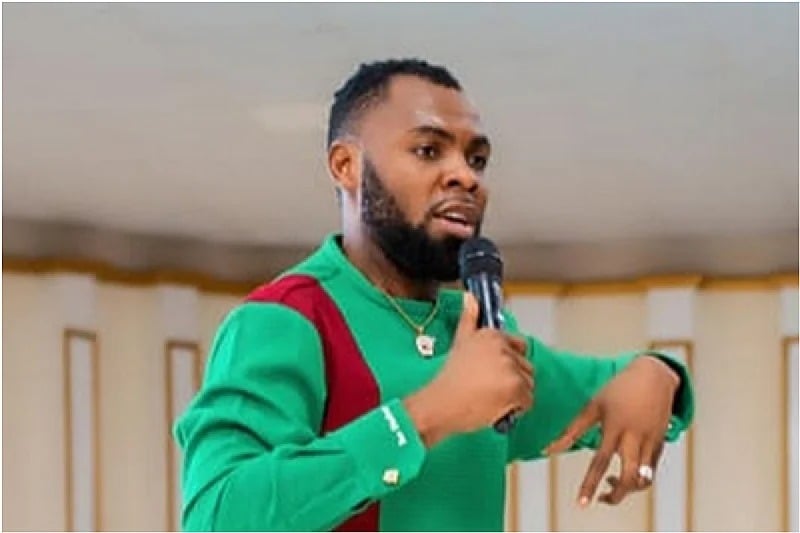Reverend Francis Nana Agyei Antwi, famously known as Rev. Obofour, has publicly expressed his endorsement for the return of John Dramani Mahama as the President of Ghana. During a gathering with Mahama on October 1, 2024, alongside fellow pastors, Rev. Obofour emphasized that Mahama’s pursuit of a second term is not something to be viewed negatively. He acknowledged the opportunity to fellowship with Mahama and praised the former president for his openness and willingness to engage with religious leaders. Obofour’s remarks reflect a sentiment of acceptance towards political returns, suggesting that revisiting past leadership could be beneficial for the country.
The reverend’s discourse highlighted the importance of pastoral support in political endeavors, noting that the gathering was not merely a quest for political gain. He expressed gratitude for Mahama’s consistent invitations to engage with the church community, reinforcing the notion that collaboration between political figures and religious leaders is crucial. This approach signals a desire for a unified front in addressing the nation’s challenges, with clergy serving as mediators between the government and the populace. Rev. Obofour’s perspective posits that no political leader should be discouraged from returning to their previous positions, suggesting that experience can be a valuable asset in governance.
In addition to his support for Mahama’s comeback, Rev. Obofour brought attention to pressing economic matters that will need to be addressed by the former president. He called for immediate action on the escalating prices of essential building materials like cement and iron rods, which have a direct impact on construction costs and the housing market. By emphasizing these economic concerns, Rev. Obofour underscores the necessity for Mahama to present a robust economic strategy as part of his political platform. He is advocating for a focus on the economic well-being of citizens, particularly in areas that significantly affect the everyday lives of ordinary Ghanaians.
Furthermore, the reverend raised concerns over the depreciation of the Ghanaian cedi against the dollar, which has been an issue for some time. He implored Mahama to outline concrete plans to stabilize the national currency and provide solutions that address the rising costs of public transportation. This call to action not only reflects the realities that many Ghanaians are facing but also serves as a reminder that effective governance requires a keen understanding of the economy. Rev. Obofour’s inquiries highlight the pressing need for leadership that prioritizes economic stability and accessibility for all citizens.
In his closing remarks, Rev. Obofour encouraged Mahama to maintain strong ties with the clergy if he is to return to power. This recommendation highlights the significance of a collaborative approach between religion and politics, where clergy can offer guidance, support, and insight into the socio-cultural dynamics of the nation. By fostering open communication with religious leaders, Mahama would not only gain valuable perspectives but also strengthen the moral fabric of his administration. Rev. Obofour’s advocacy for such relationships suggests that a partnership between church and state can facilitate more compassionate and responsive governance.
In summary, Rev. Obofour’s support for Mahama’s potential return to the presidency is grounded in a belief that revisiting experienced leadership can be advantageous for Ghana. His focus on crucial economic issues, coupled with the call for ongoing communication with the clergy, illustrates a vision for governance that is inclusive and responsive to the needs of the people. The reverend’s insights present a nuanced understanding of the interplay between religious influence and political strategy, advocating for a multifaceted approach to national leadership that prioritizes the well-being of citizens and economic recovery.


